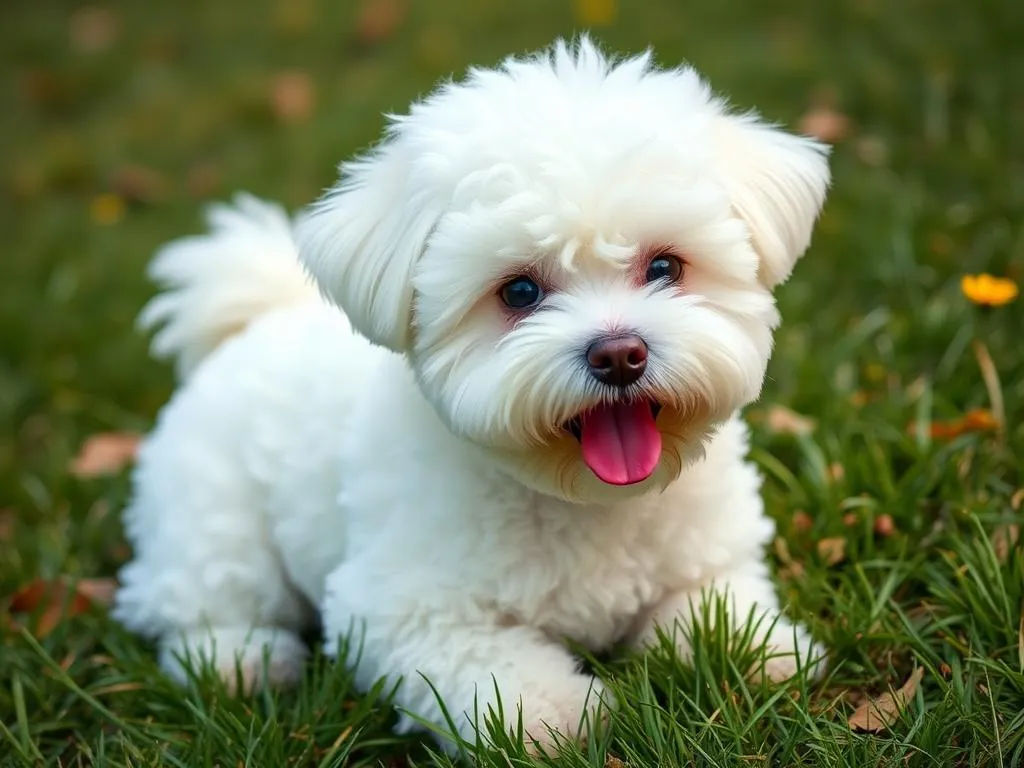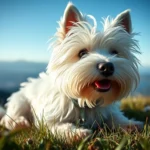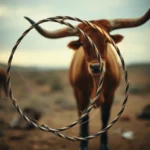
Introduction
The Bichon Frise is a small breed known for its cheerful disposition and fluffy white coat. This breed has captured the hearts of dog lovers around the world. Understanding the unique characteristics of each dog breed is essential for potential owners, ensuring a great match between the dog and its human. In this article, we will delve into comprehensive Bichon Frise facts, exploring its history, physical traits, temperament, health, grooming needs, training, living arrangements, and adoption options.
History of the Bichon Frise
Origin and Ancestry
The Bichon Frise traces its roots back to the Mediterranean region, where it is believed to have descended from the Barbet, a water dog. Early records show that these small, fluffy dogs were popular among sailors and traders, serving as companions and entertainers. Over time, the breed made its way to France, where it was refined and developed into the beloved Bichon Frise we know today.
Recognition and Popularity
In the 20th century, the Bichon Frise gained significant popularity in the United States and worldwide. This breed’s charming personality and appealing looks attracted many dog lovers. Notably, the Bichon Frise has been associated with several historical figures, including royalty and artists, further cementing its status as a favored breed.
Physical Characteristics
Size and Weight
The Bichon Frise is a small breed, typically weighing between 10 to 20 pounds. Adult dogs usually stand about 9 to 11 inches tall at the shoulder. This compact size makes them perfect for various living situations, including apartments.
Coat and Color
One of the most distinctive features of the Bichon Frise is its soft, curly coat. The coat is hypoallergenic, making it suitable for allergy sufferers. Common color variations include pure white, cream, and apricot. Regular grooming is essential to maintain the coat’s health and appearance, preventing matting and tangling.
Distinctive Features
The Bichon Frise boasts round, dark eyes that exude a playful expression. Its ears are long and covered with the same fluffy coat, hanging down close to the face. The tail is typically curly and carried high over the back, adding to the breed’s overall charm.
Temperament and Personality
General Temperament Traits
The Bichon Frise is known for its friendly, playful, and affectionate nature. These dogs are highly social and enjoy being around people, making them excellent companions for families and individuals alike. Their cheerful demeanor can brighten anyone’s day.
Interaction with Families and Children
As a family pet, the Bichon Frise is particularly suited for homes with children. Their gentle and playful nature allows them to interact well with kids, making playtime enjoyable for everyone involved. However, supervision is essential to ensure that play remains safe and enjoyable for both the dog and the children.
Socialization Needs
Early socialization is crucial for the Bichon Frise. Exposing them to various environments, people, and other animals will help them develop into well-adjusted adults. Training should start early to instill good behavior and prevent any potential issues later on.
Health and Lifespan
Common Health Issues
Like all breeds, the Bichon Frise is prone to certain health issues. Common genetic predispositions include allergies, which can lead to skin problems, and dental issues due to their small mouths. Regular veterinary check-ups are essential to monitor their health and catch any potential problems early.
Routine Care and Preventive Measures
Routine care for a Bichon Frise includes regular vet check-ups, vaccinations, and preventive treatments for parasites. Owners should also be aware of the breed’s sensitivity to temperature extremes, ensuring they are kept comfortable in both hot and cold weather.
Average Lifespan
The average lifespan of the Bichon Frise ranges from 12 to 15 years, with proper care. A healthy diet, regular exercise, and routine veterinary care can contribute to a longer, healthier life.
Grooming and Maintenance
Coat Care Requirements
The Bichon Frise requires regular grooming to maintain its fluffy coat. Owners should brush their dog’s coat at least 2 to 3 times a week to prevent matting. Professional grooming is recommended every 4 to 6 weeks to keep the coat in optimal condition.
Bathing and Skin Care
Bathing should be done every 4 to 6 weeks or as needed. It’s essential to use dog-specific shampoos that are gentle on their skin. After bathing, it’s crucial to dry the coat thoroughly to prevent any skin issues.
Dental Care Needs
Dental hygiene is vital for the Bichon Frise, as they are prone to dental problems. Regular brushing, along with dental chews and routine vet cleanings, can help maintain good oral health.
Training and Exercise
Basic Training Needs
The Bichon Frise is intelligent and eager to please, making them relatively easy to train. Basic obedience training is essential to establish good behavior and communication between the dog and owner.
Recommended Training Techniques
Positive reinforcement techniques work best with the Bichon Frise. Treats, praise, and playtime can motivate them to learn new commands and behaviors. Socialization practices, such as puppy classes, can also enhance their training experience.
Exercise Requirements
Daily exercise is crucial for the Bichon Frise to keep them physically and mentally stimulated. Short walks, playtime in the yard, or engaging in interactive games can fulfill their exercise needs. Despite their small size, they enjoy playtime and can be quite energetic.
Living Arrangements
Ideal Living Environments
The Bichon Frise is adaptable and can thrive in various living environments, whether a house with a yard or an apartment. They do need regular access to outdoor spaces for exercise and potty breaks.
Compatibility with Other Pets
Generally, the Bichon Frise gets along well with other pets, including dogs and cats. Their friendly demeanor makes it easier for them to socialize with other animals, especially if introduced at a young age.
Travel Considerations
Traveling with a Bichon Frise can be enjoyable, as they are small and easy to manage. However, it’s essential to ensure their comfort during travel, whether by car or plane. Bring familiar items, such as their bed or toys, to help reduce anxiety.
Adoption and Breeding
Where to Find Bichon Frise Puppies
When looking for a Bichon Frise puppy, it’s crucial to find reputable breeders who prioritize health and temperament. Alternatively, adopting from rescue organizations or shelters can also provide a loving home to a dog in need.
Factors to Consider When Adopting
Before adopting a Bichon Frise, potential owners should ask questions about the dog’s background, health history, and temperament. It’s essential to ensure that the dog is a good fit for their lifestyle and family.
Cost of Ownership
The initial cost of acquiring a Bichon Frise can vary significantly based on whether you adopt or purchase from a breeder. Ongoing expenses, including food, grooming, vet check-ups, and supplies, should also be factored into the overall cost of ownership.
Conclusion
Understanding Bichon Frise facts can help potential owners make informed decisions about welcoming this delightful breed into their homes. From their charming personality and adaptability to their health considerations and grooming needs, the Bichon Frise is a wonderful companion for many families. Responsible pet ownership is essential to ensure a healthy and happy life for these lovable dogs.
By sharing your experiences with the Bichon Frise, you contribute valuable insights to the community of dog lovers. Your stories can help others understand the joys and challenges of owning this delightful breed.









